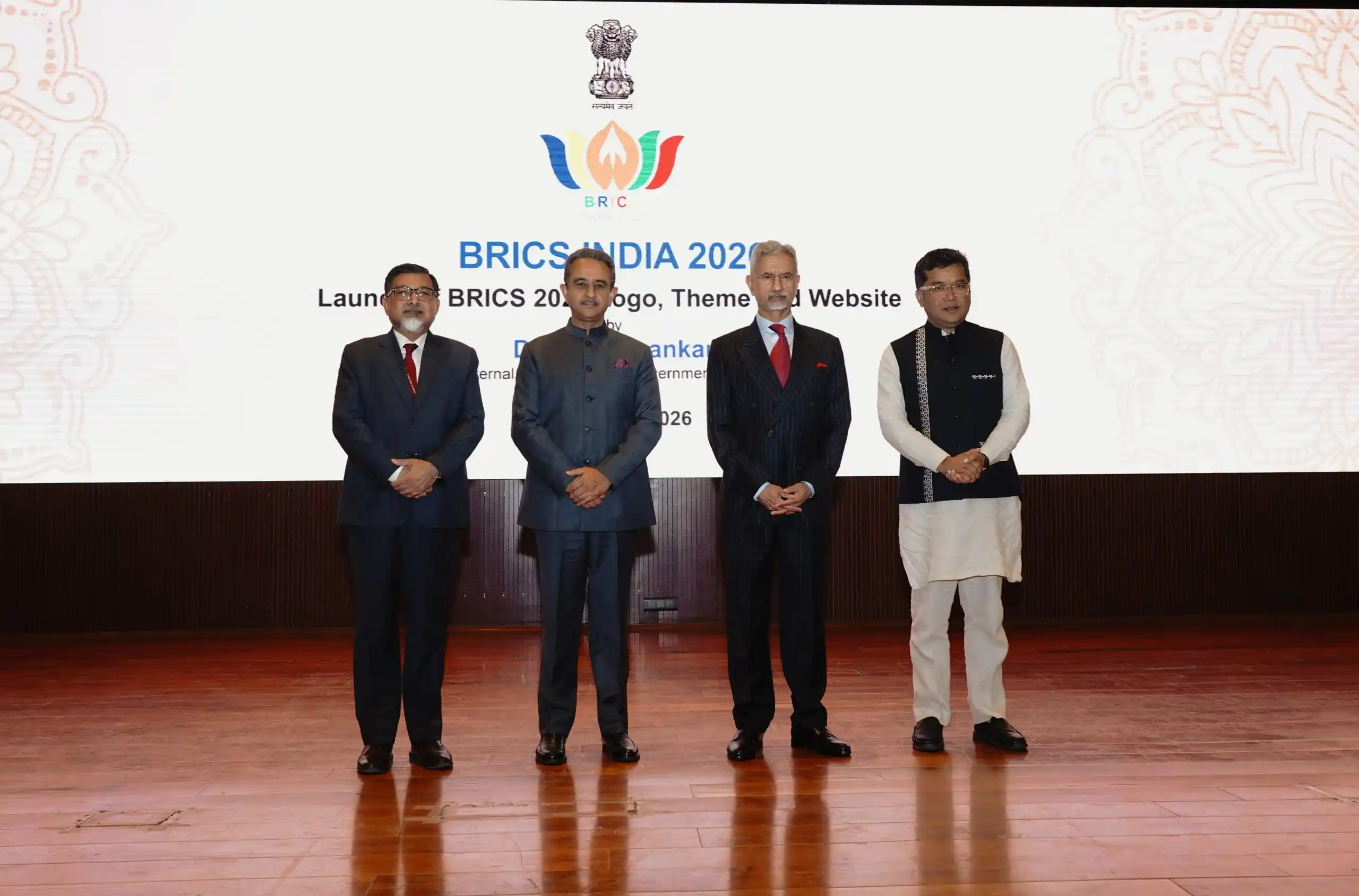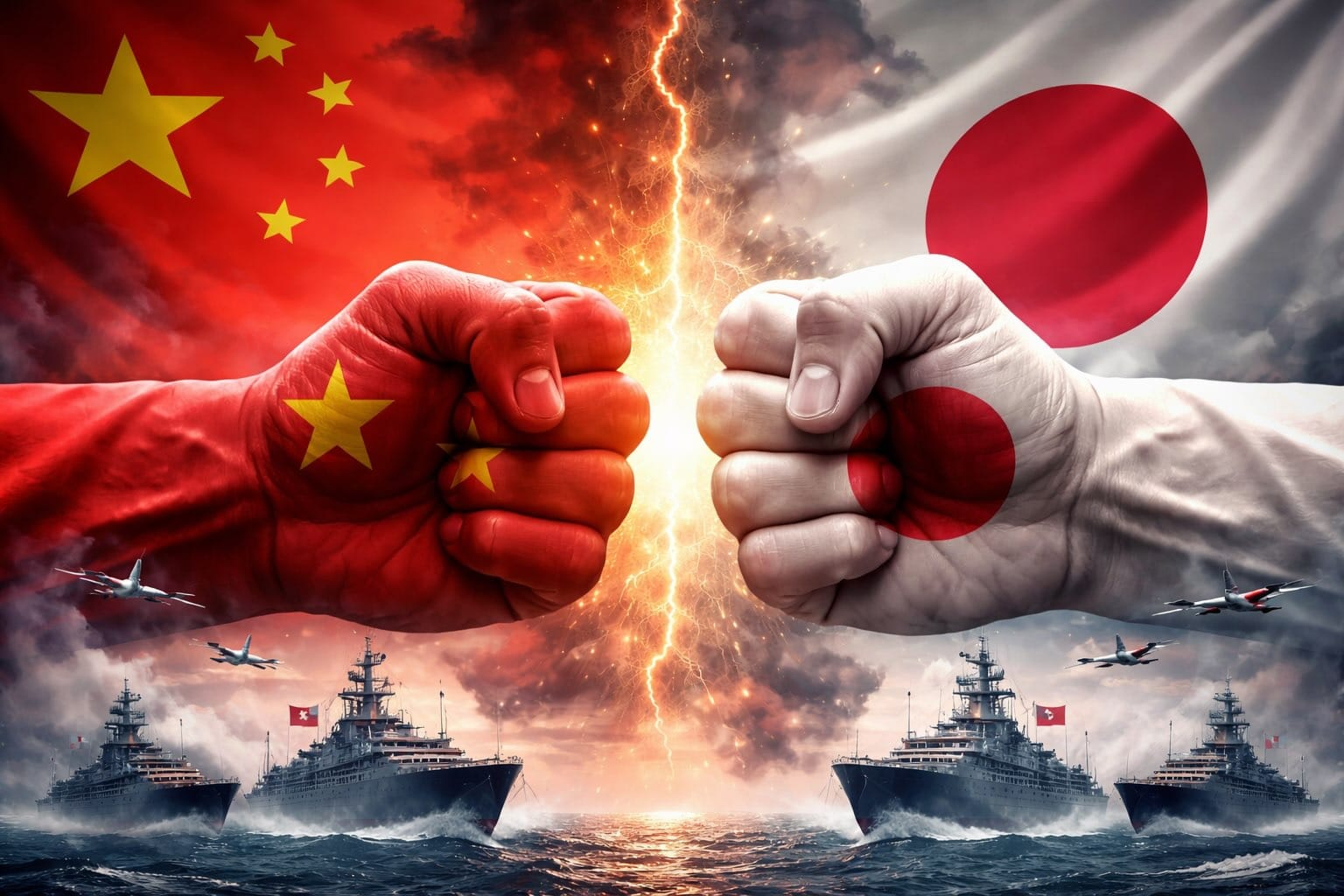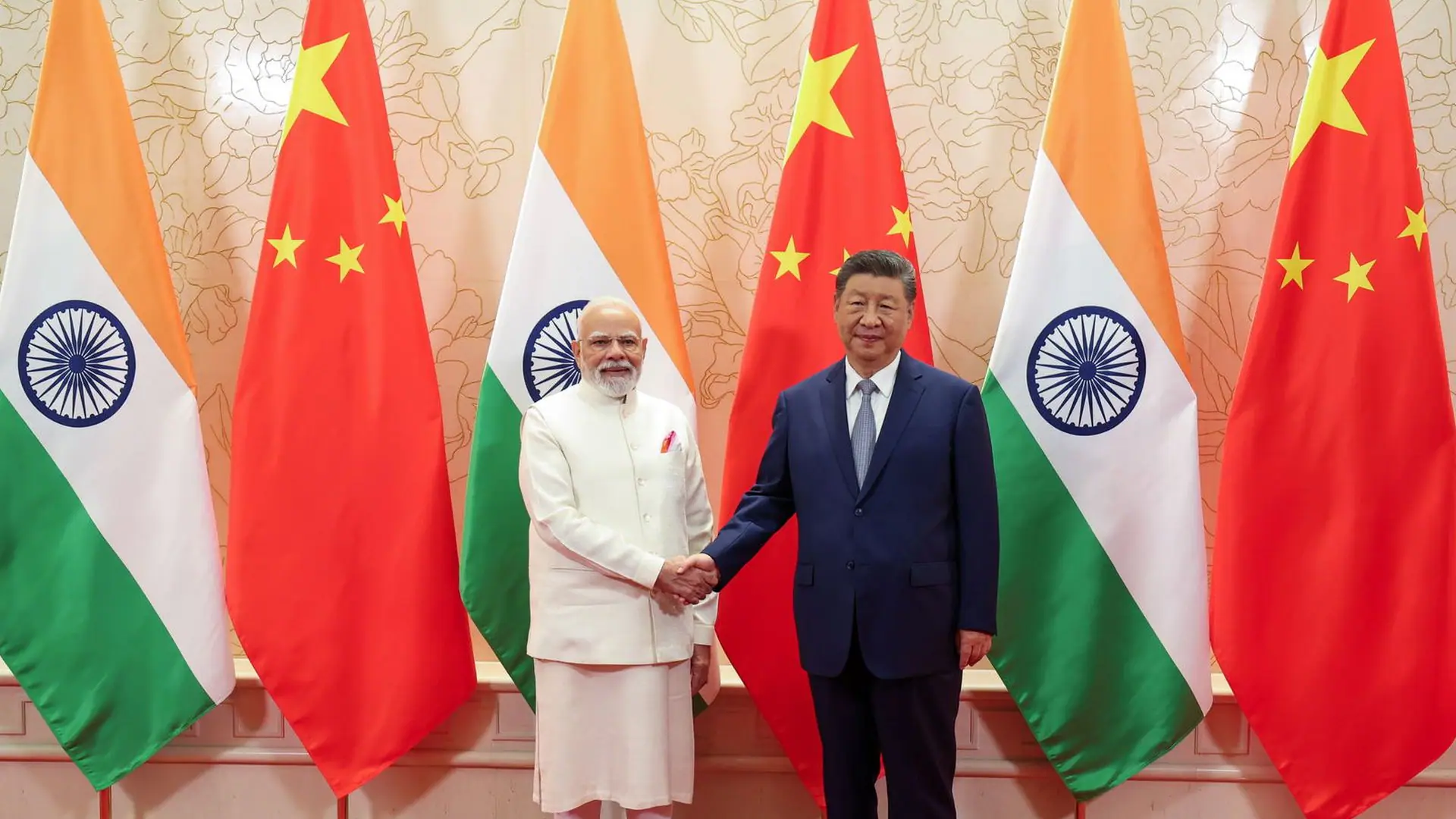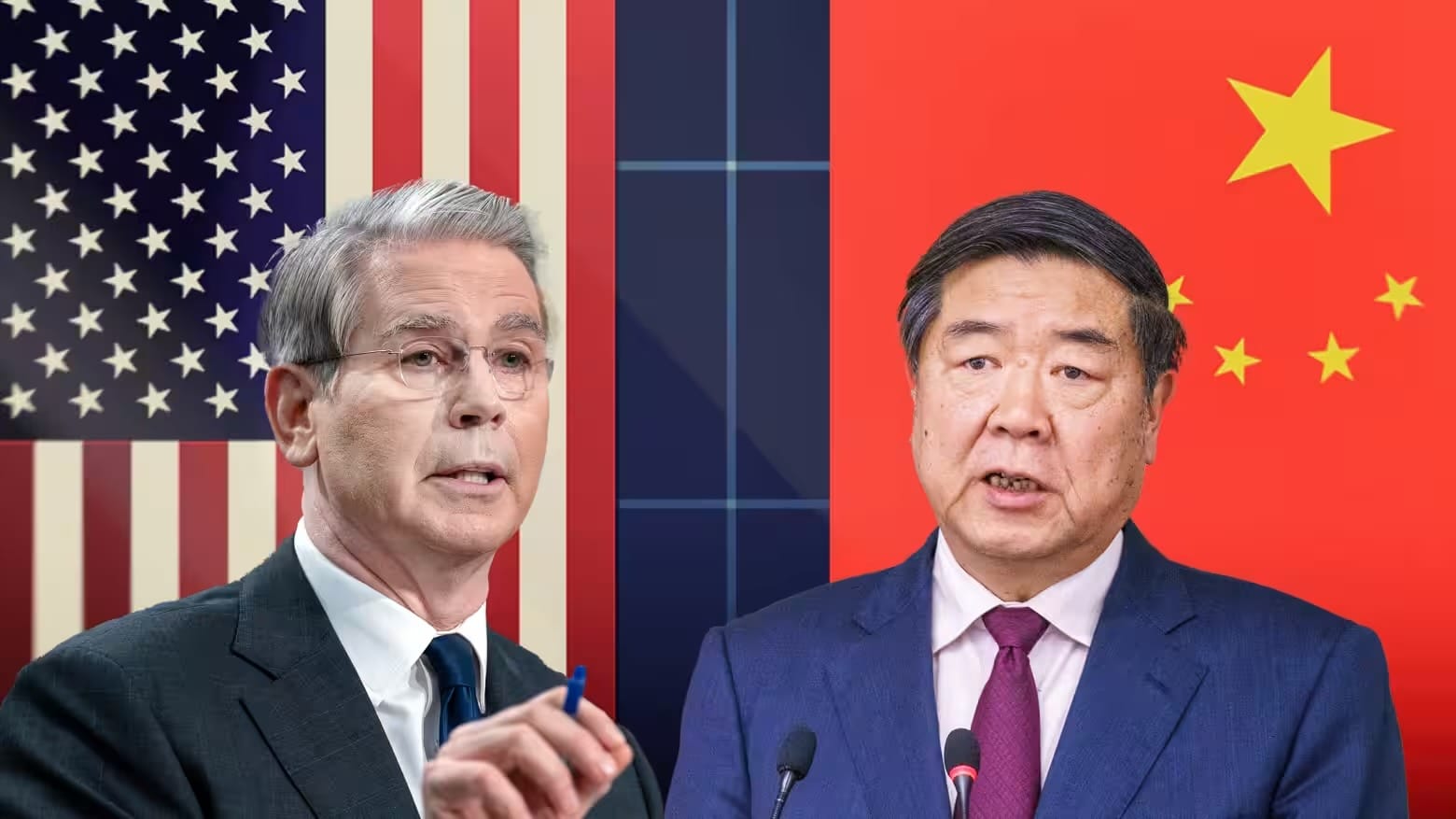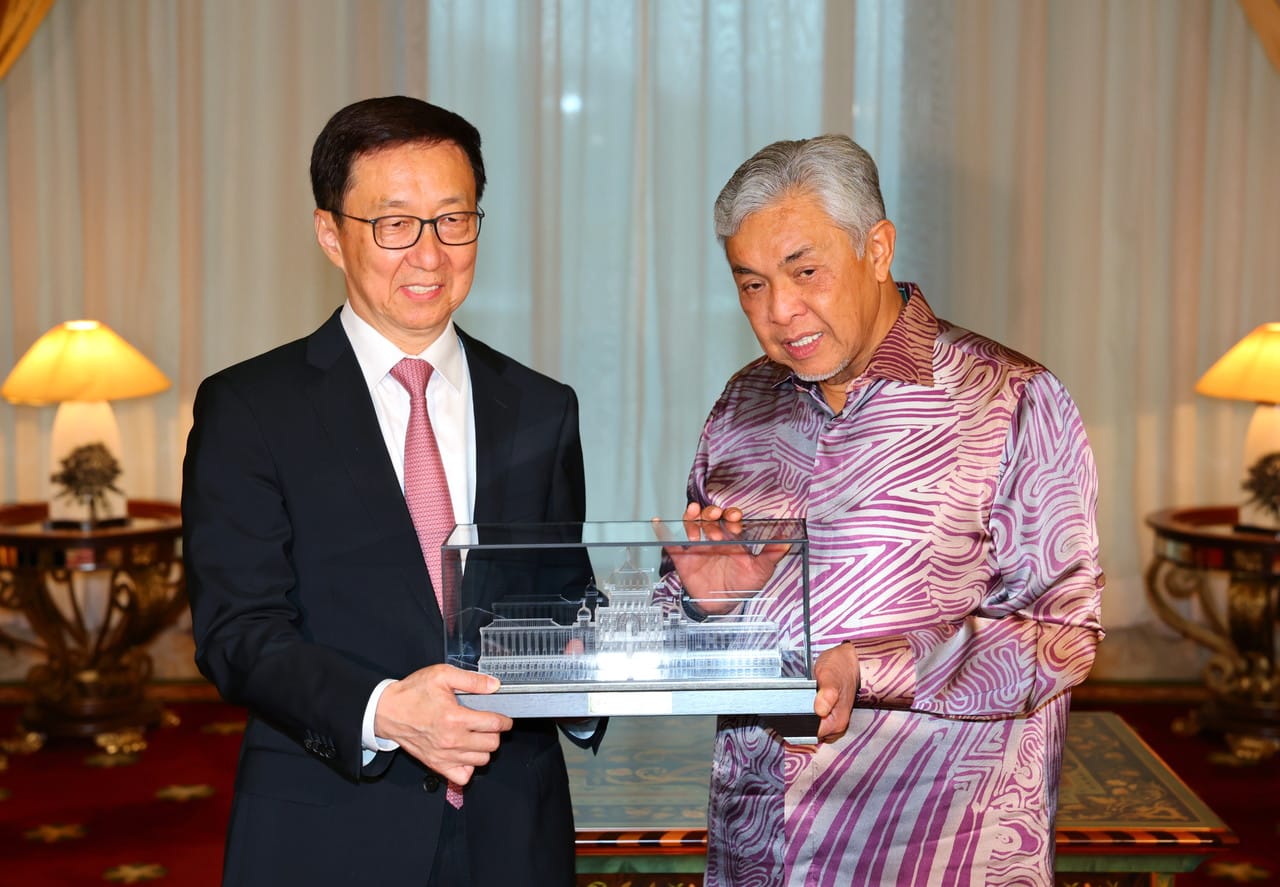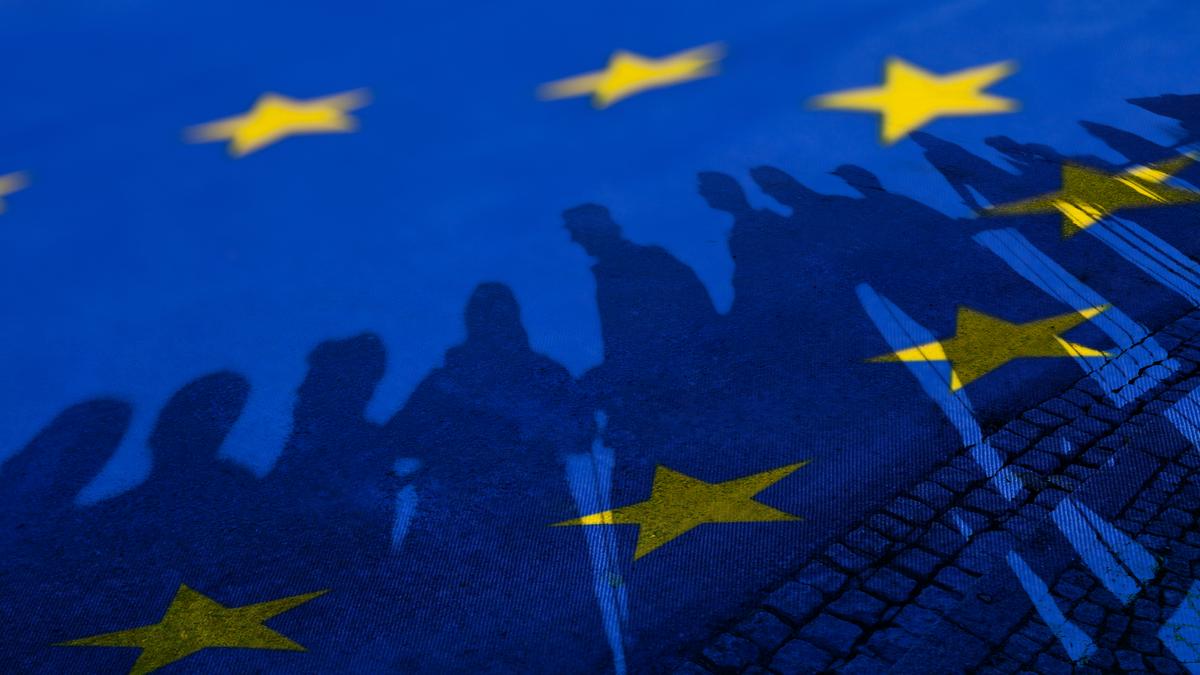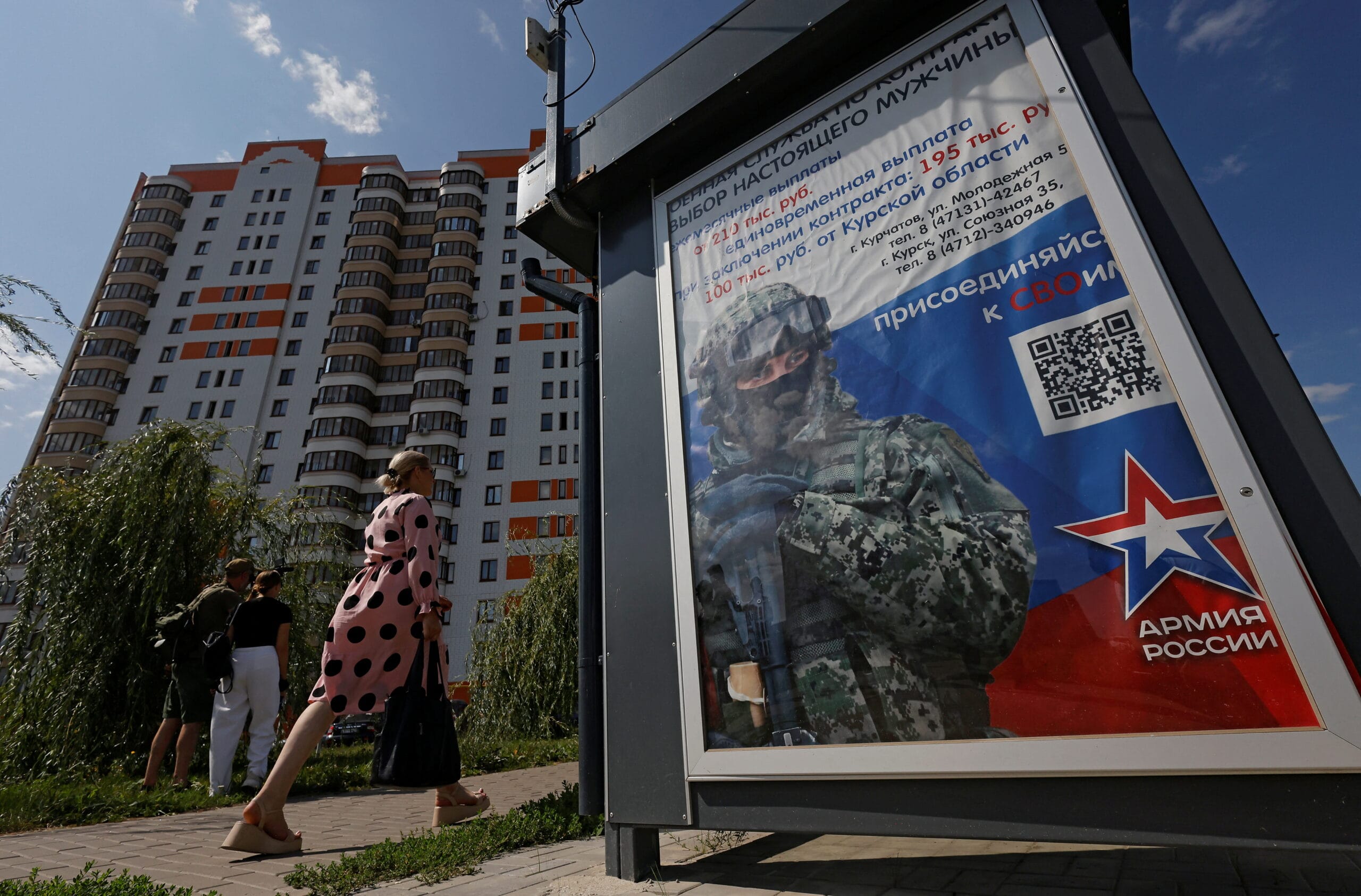In the grand mosaic of global affairs, where threads of power once tightly woven by a few dominant hands now fray under the strains of multipolarity, a new pattern is emerging. Great-power rivalries, prolonged conflicts, climate crises, and institutional inertia expose the limitations of the post-World War II order. Yet, amid this turbulence, the Global South is no longer a passive observer but an active artisan, reshaping the fabric toward greater equity and inclusion. The rise of multipolarity—marked by the expansion of platforms like BRICS, South-South cooperation, and calls for fairer representation in global governance—offers a profound opportunity
Tag: China
BRICS 2026: Can India Reclaim Multilateralism?
India’s acceptance of the BRICS presidency in 2026 occurs during a period characterised by substantial transformation in global politics. The global economy persists in a state of instability as a consequence of resurgent protectionism, nationalist trade policies, and increasing geopolitical tensions. The tariffs, threats, and unilateral actions undertaken by President Donald Trump have contributed to heightened instability in global market systems. Concurrently, developing economies within the Global South, grappling with debt-related pressures, energy market volatility, and disparities resulting from the post-pandemic context, are advocating for a more equitable global order.
Can Asia’s Greatest Rivalry Step Back from War?
In the icy waters southeast of Okinawa, a Japanese F-15 pilot’s cockpit alarm issues a serious warning. A Chinese J-15 fighter jet has locked its fire-control radar onto the aircraft, a modern equivalent of pointing a loaded gun. In Tokyo, officials urgently summon the Chinese ambassador. In Beijing, state media threatens “severe consequences.” This incident on December 7, 2025, was not an isolated near-miss. It marked the latest and most concerning trigger in a diplomatic crisis that has pushed Asia’s two biggest powers to the brink of conflict, a situation both deny wanting but seem unable to escape.
How Long Will the India-China Diplomatic Rekindle Last?
When the American President Donald Trump launched his trade war, both India and China were in his sights. Trump’s officials maintained America was a victim of “unfair trade practices” and thus slapped a barrage of tariffs on steel, aluminium, and a variety of manufactured goods emanating out of India and China. Although Beijing was primary target, India lost duty-free trade privileges under the Generalized System of Preferences (GSP) in 2019.
Trade Truce of Trump with China: Tactical Withdrawal or Strategic Rebalancing?
In May of 2025, President Donald Trump had a significant announcement on his administration’s long-running trade conflict with China: a temporary agreement that reverses part of the high tariffs that have been levied over the last two years and provides a 90-day period for negotiations. Described by the White House as a “strategic recalibration” and by Beijing as a “welcome but cautious step,” the agreement is the first concrete easing of a battle that has broken global supply lines, shaken financial markets, and transformed geopolitical alignments.
China’s TVET Programme Collaborations: A Critical Analysis
China launched the Belt and Road Initiative (BRI) in 2013. Eventually, BRI faced a lot of criticism and backlash in many countries. In order to minimise the growing criticism, China in 2016 initiated Technical Vocational Education and Training (TVET) programme collaborations. On the face of it, TVET programmes provide professional training to students and faculty for a certain time period. However, the TVET sector has become another platform for Chinese soft power diplomacy. The article aims to critically analyse the TVET program collaborations of China.
What Lies Ahead for CPoKEC and Pakistan’s Islamic Alliances
Pahalgam terror incident of April 2025, an attack targeting civilians in Jammu and Kashmir has provoked not only diplomatic ripples but also a strategic recalibration of how Pakistan is perceived by its principal allies and benefactors. As attribution patterns increasingly implicate Pakistan-based non-state actors, questions arise about the resilience of two critical pillars of Islamabad’s external orientation: China’s economic investments via the CPoKEC, and Pakistan’s long-standing religious-political solidarity with the Muslim world.
Balochistan Terror Attack: A New Phase in Insurgency?
Balochistan, Pakistan’s largest yet most underdeveloped province, has been a hotspot for insurgency, terrorism, and geopolitical contestation. The recent terror attack in Balochistan, which targeted security forces, infrastructure, and civilians, has once again underscored the province’s precarious security situation. Beyond its domestic impact, the attack carries significant regional and international implications, particularly for Pakistan’s relations with India, China, Iran, and Western powers. This article provides an in-depth analysis of the attack’s origins, the regional and global responses, and the effectiveness of counterterrorism efforts.
European Union Regroups and Rearms
Leaders from the European Union’s 27 member states will meet in Brussels on Thursday to find ways to succour Ukraine and to rethink some of its own security arrangements. Europe is hastily adjusting its thinking on defence as American policy under President Donald Trump looks ever-less predictable. A plan will be presented for the EU to help member states borrow from a fund of €150 billion ($161 billion) to spend on defence, some of which would be used to boost Ukraine’s war effort. EU fiscal rules that constrain spending also look likely to be relaxed so that national governments can splurge up to 1.5% of GDP more on defence.
Is Russia’s Economy Slowing or Stalling?
Data released on Wednesday will help answer an important question: is Russia’s economy slowing or stalling? In the three years since the country invaded Ukraine, its economy has held up better than most observers had expected. Unemployment fell to just 2%. GDP growth has been decent due to oil exports, which were strong despite Western sanctions. Russian consumers benefited from the knock-on effects of an enormous boost to spending on defence, welfare and infrastructure. But that could now be changing. In late 2024 the West tightened its financial infrastructure and oil trade.
